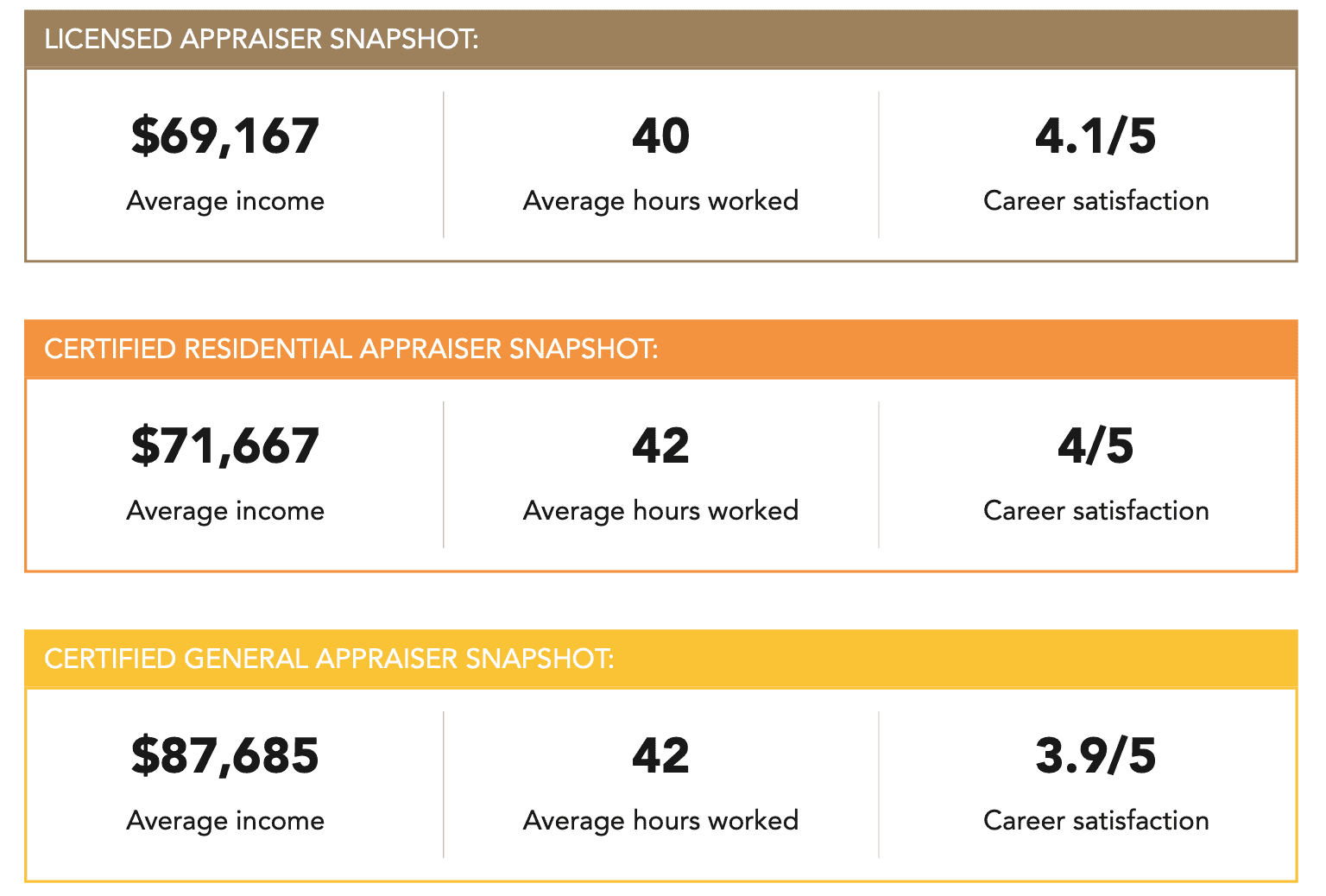The Facts About "The Pros and Cons of Flipping Houses as an Investment Strategy" Uncovered

Actual Estate vs. Stocks: Which is the Better Investment?
The argument between investing in real estate or sells has been a long-standing one. Each options possess their own merits and downsides, and determining which is the much better expenditure ultimately depends on an individual's economic objectives, danger resistance, and personal inclinations. In this write-up, we are going to explore the vital aspects to look at when deciding between true property and inventories.
One of the major perks of committing in real real estate is its tangibility. Unlike stocks, which are unobservable assets stood for by portions in a company, real real estate delivers entrepreneurs a physical building that they can view and contact. This may deliver a feeling of surveillance for some individuals who prefer to possess a concrete asset backing their financial investment.

Furthermore, actual estate has historically been thought about a secure investment choice along with possible long-term admiration. Properties have a tendency to appreciate over time due to elements such as rising cost of living and raising requirement for housing. Furthermore, rental profit from assets residential properties can easily offer an continuous flow of cash flow.
On the various other palm, committing in sells offers numerous unique perks as properly. One significant perk is the liquidity it provides. Sells may be acquired and marketed swiftly through stock exchanges, making it possible for entrepreneurs to access their funds easily if needed. In comparison, selling genuine estate can usually be a time-consuming method that demands finding customers and going by means of lawful treatments.
In addition, stock financial investments give variation opportunities that might not be as easily manageable along with true real estate investments alone. Through spending in different business all over numerous fields or also internationally diversified mark funds, real estate investors can easily disperse their risk and likely lessen reductions if one particular firm or field underperforms.
An additional benefit of stocks is access. While acquiring true property commonly calls for substantial upfront resources for down remittances and closing expense, inventories can be acquired along with smaller sized amounts of loan via stock broker accounts or also mobile phone apps that allow shared reveal investing.
When This Site comes to risk monitoring, both true estate and stocks hold their own set of dangers that real estate investors must look at. Actual real estate financial investments may be had an effect on through factors such as economic declines, changes in rate of interest prices, or neighborhood market disorders. In comparison, inventories are affected through market dryness, company performance, and global economic variables.
It is important to keep in mind that the real property market usually tends to be less inconsistent than the stock market. This can make actual property a more eye-catching choice for risk-averse financiers who prioritize security and are prepared to accept potentially lower profits in exchange for reduced threat.
On the various other palm, sells have traditionally delivered greater average gains over the long condition matched up to actual real estate. While previous performance does not ensure future outcome, several researches have presented that sells have outruned various other asset classes over extended periods.
Inevitably, choosing between real property and supplies as an investment happens down to personal inclinations and economic goals. Some people might favor the security and tangibility of actual estate expenditures, while others might be drawn to the assets and possibility for higher returns used by sells.
It is worth noting that transforming one's expenditure portfolio around various property training class can easily supply a well balanced technique that integrates the advantages of each genuine estate and supplies. Through dispersing financial investments throughout several styles of possessions, capitalists can easily possibly relieve risks while still utilizing on growth chances.
In conclusion, there is no definite solution to whether true real estate or inventories are better expenditures. Both possibilities have their own perks and negative aspects. It is vital for clients to properly assess their financial goals, risk endurance, and private inclinations just before producing a selection. Furthermore, diversity across different possession training class need to also be taken into consideration for a well-rounded expenditure approach.
